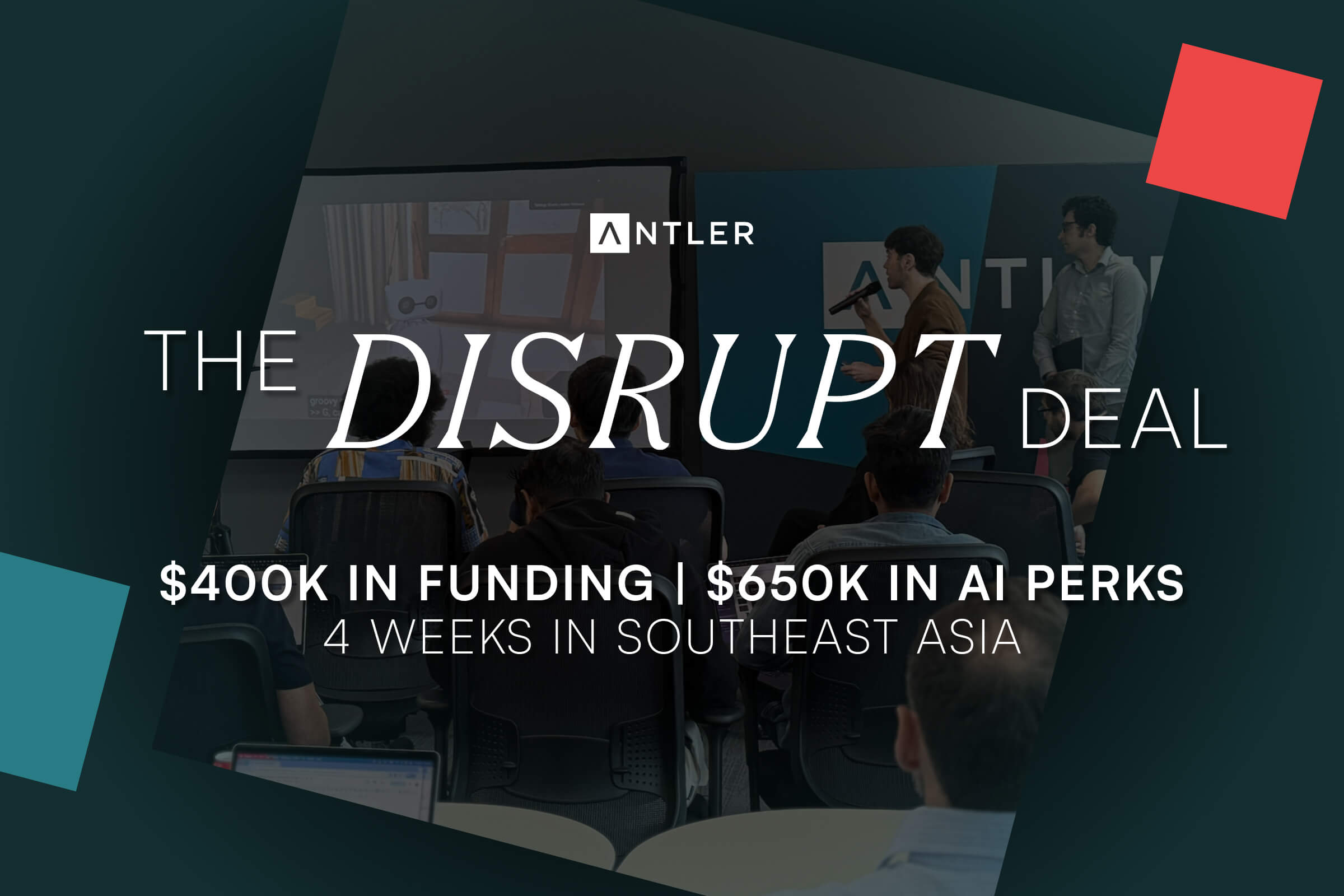How do I set a value for my startup?
Investors put a price tag on a startup according to their assessment of how much the company is or will be worth in the future. Some companies seem to be worth $30m and some $3m. What is the value of your venture then?
At a very early stage of your business, you probably cannot say specifically how much your company is worth. If investors ask you for a number, it's OK to tell them that the market will decide. Wait for them to make an offer. Talk to your advisors and try to set a theoretical valuation range and then rely on investor meetings and feedback (the market) to assist in settling on the right valuation. However, it is not always easy to find an investor who will tell you how much you are worth. What you can do already is be proactive and look at the benchmark in your ecosystem, in your industry or in your niche globally to understand how much your competitors are valued. It is very hard to value your venture in the first round of financing based on normal business metrics, so use comparables - keep investors focused on the opportunity and believability that you can execute, rather than traditional valuation techniques on current revenue/profitability.
Find the optimal, not the highest valuation
One of the key takeaways from our previous article "Fundraising 101: Why raise seed money, when to raise money, and how much to raise?" is that you should not aim for raising as much as you can but rather for as much as you actually need. For this reason, find a valuation that will enable you to raise the amount you need to achieve your goals with acceptable dilution, and that investors will find reasonable and attractive enough to write a check. Remember that the goal is not to achieve the highest valuation because it will not increase your likelihood of success. You will need to justify your valuation in the next round of raising, and you do not want to raise a down-round early on (or ever).
Raising at valuations that are too high or too low can cause adverse effects to the companies and investors. There are two case scenarios that could happen:
Financing options
Venture financing usually takes place in "rounds," which traditionally have names and specific orders. Read more about the stages of startup funding in our first article of this series. After a pre-seed round (with friends & family or by an institutional pre-seed investor like Antler) comes a seed round, then a Series A, Series B, Series C, and so on to acquisition or IPO. None of these rounds are required, and sometimes companies start directly with a Series A financing (almost always an "equity round" as defined below). Sometimes there are "bridge rounds" in between the priced seed/A/B/C rounds.
Choosing financial instruments depends on your investor and best practices in your ecosystem. In continental European countries there is an unwritten rule that if you are not raising more than half a million or 400 thousand dollars, then it is probably not worth doing an equity round and the reason for that is because equity rounds take a lot of time and they are expensive. An equity round means setting a valuation now for your company and thus a per-share price and then issuing and selling new shares of the company to investors. Example: Raising $1m in new funding on a Pre-Money Valuation of $5m. The Post-Money Valuation will be $6m.
Another option, SAFE, is a simple document that represents an instrument containing a future right to shares of Capital Stock. They represent a modernization of the convertible and work as "[S]imple [A]greements for [F]uture [E]quity". As investors do not want to be lenders and startups do not want to be borrowers, it does not make sense to use debt to sell equity as is the case with convertibles. Usually, the only item to be negotiated is the valuation cap and possible discount at which the SAFE converts into stock. Example: You are raising $1m SAFE in a round with a $5m cap and 20% discount. The SAFE will convert at a future qualifying financing round (normally sale of 7.5 equity) at a share price which is the lower of $5m or the pre-money valuation less 20%. Important! In some countries, SAFEs are not legal so you might have to do convertibles.
If you are raising less than 400 thousand dollars, you might want to do convertibles. Convertible notes are similar to a SAFE, but it is a loan that has a debt (interest) component and maturity date (with repayment requirement if not converted). So what you can do is raise small tickets of 50 hundred dollars or maybe even less from investors and put them together.
Looking for alternatives? Consider grants and subsidies. Many governments want to support startups and entrepreneurs. The majority of business grants are funded by national, local, and governments to support deprived areas, to stimulate technological advance through research and development, and to make the economy more competitive in a specific sector. The criteria for each grant scheme vary greatly but typically the more substantial the grant funding award, the more complex the conditions and the process of applying. Many grants are also match-funded, meaning that to be eligible for a grant award the applying business must be able to raise finance to provide 10-70% of the overall project cost (the grant providing the rest).
Lastly, crowdfunding is a financing option that uses platforms to raise small amounts of money from a large number of people. Can be for equity (Seedrs, Crowdfunder, etc) or to pre-sell a product (Kickstarter). Crowdfunding can be effective in engaging a consumer audience, but often hard to set up and prepare for, and results in large investor bases. Additionally, crowdfunding has become an increasingly popular way for startups to raise capital to finance product development. While it might look easy to launch a crowdfunding campaign, there are strong pros and cons to consider:
Pros:
Cons:
Remember, however, that subsidies and crowdfunding are no substitute for investors who can support you with their networks and business advice. Startups don't just need money, they need smart money. Make sure that you strategically balance the time and effort you spend between VC money and these complementary sources of funds.












